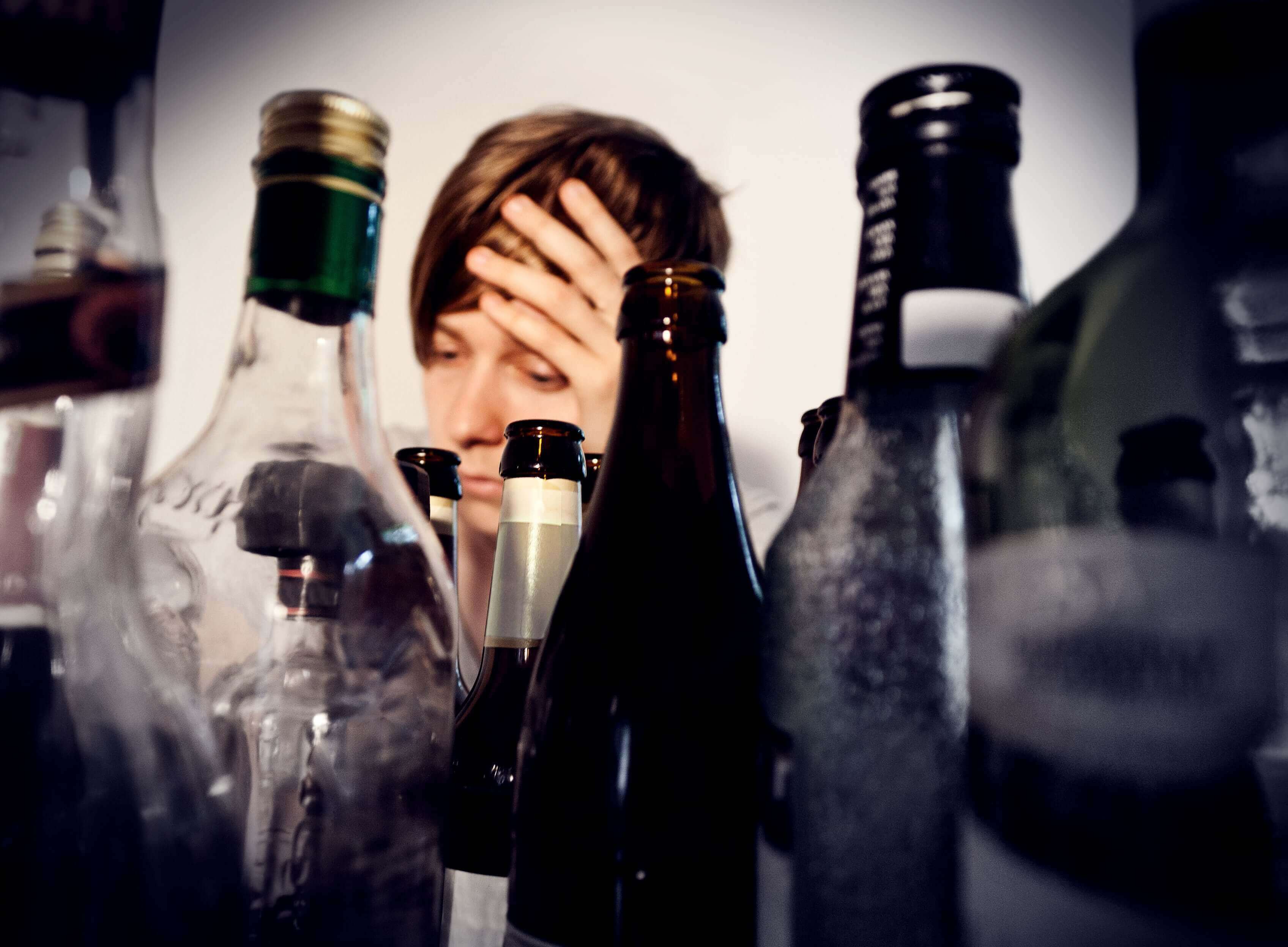Using alcohol to cope with stress or unhappiness can lead to an addiction that feels impossible to break. However, there are ways to stop being addicted to alcohol once and for all, whether you’re simply dealing with occasional binge drinking or chronic alcoholism. Our guide can walk you through the steps you need to take in order to safely detox from alcohol and avoid common pitfalls along the way.
Table of Contents
What is an Alcohol Use Disorder?
Alcohol Use Disorder (AUD) is a psychiatric diagnosis in which a person continues to drink despite significant problems related to alcohol. The Diagnostic and Statistical Manual of Mental Disorders 5th Edition (DSM-5) outlines criteria for diagnosing AUD, including having withdrawal symptoms such as anxiety, tremors or sweating after reducing alcohol consumption; continuing to consume alcohol despite ongoing interpersonal or social problems caused by drinking, and using excessive amounts of alcohol when not feeling well. If you feel like you may have an AUD, consult your doctor. The National Institute on Alcohol Abuse and Alcoholism recommends that people with an AUD seek professional help and that they be treated by medical specialists who are experienced in working with addictions.
You Can Get Help
If you’re struggling with alcohol addiction, know that you’re not alone. About 14 million Americans currently struggle with alcohol abuse, according to the National Institute on Alcohol Abuse and Alcoholism (NIAAA). When going through alcohol detox, it can help to know some facts about what you’re going through. For example, if your intake is typically three or more drinks a day or if your drinking has caused disruptions in your life, then you should consider looking into treatment programs. In fact, 12-step programs such as AA are designed specifically for those who need help quitting drinking altogether.

Why do People Become Addicted to Alcohol?
Everyone knows that alcohol is a depressant, but it actually works in several different ways. Alcohol can slow down your body’s systems—including your heart rate and breathing. It can also act as a depressant on your central nervous system, slowing brain activity and making you feel more relaxed. And finally, it acts as a sedative—meaning it may help you fall asleep faster at night when combined with other things like antidepressants or anti-anxiety medication.
Signs That You Need To Detox
If you’re an alcoholic, your body is dependent on alcohol and therefore can’t function properly without it. If you haven’t been drinking for a while, your withdrawal symptoms will force you to drink again – after all, it’s a disease. But if you still think of yourself as a social drinker – drinking no more than two drinks per night – detoxing from alcohol may not be necessary. Moderate drinkers who don’t wake up with hangovers aren’t necessarily dependent on alcohol either; some people just metabolize liquor better than others. A lot of factors play into addiction, so whether or not you need an alcohol detox depends on how often and how much alcohol you drink and what your overall health is like.

